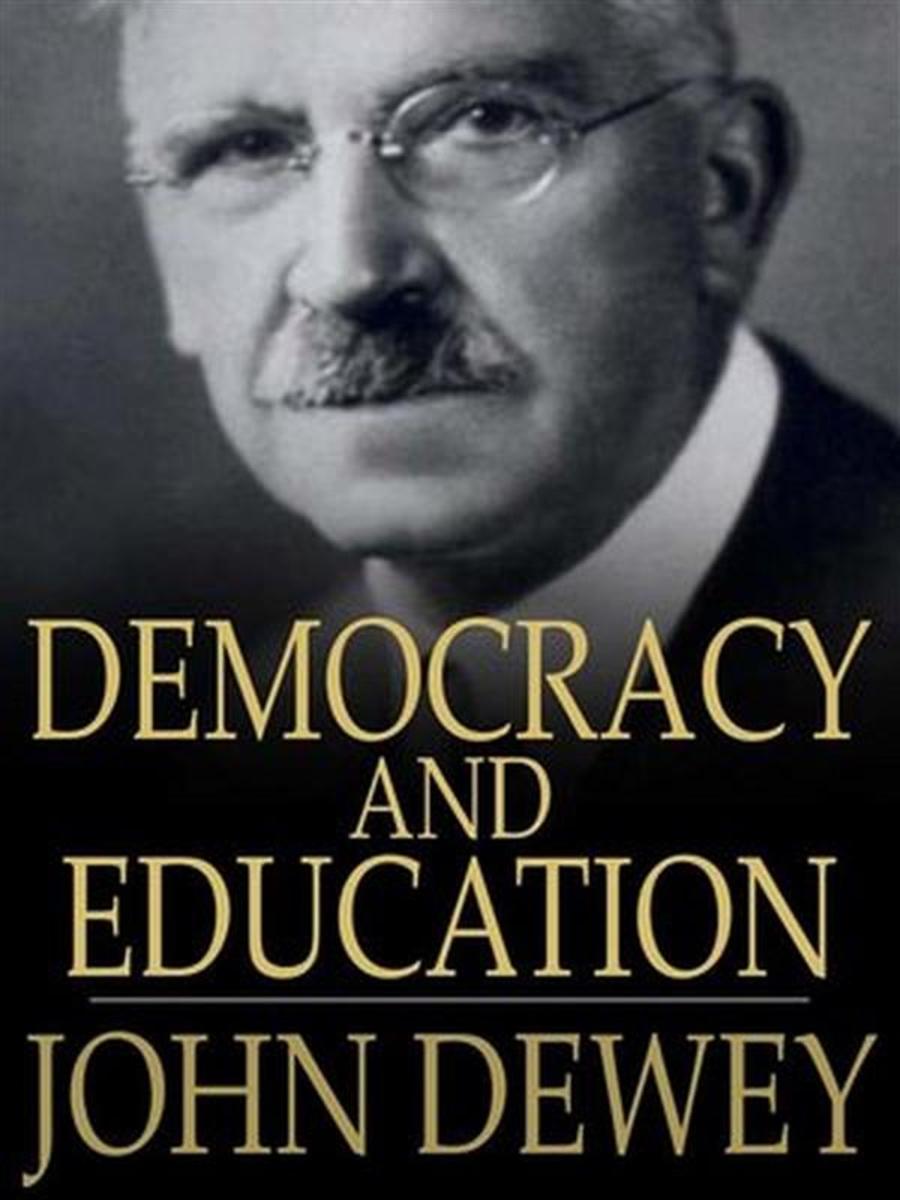
The methodology of pragmatism makes it possible to resolve contradictions in education. An investigation is pursued into what role the activity of the subject plays in the learning process, how the importance of freedom is substantiated in communication, and what place in the face of contemporary civilisational challenges has experience as a medium of true knowledge for becoming the ideals of a democratic society.Ĭonclusion.

The research identified the philosophical dimension of education, making it possible to understand the nature of learning in pragmatism. Such philosophical methods as hermeneutics (to take into account the socio-cultural context in the process of investigating the content of primary sources), interpretation (to study the basic theoretical foundations of the educational process and to explain their practical value) and comparative analysis (to identify similarities or differences between different ideas and conceptions) are applied. The article is based on a conceptually extended literature review. The aim of the research is to analyse the capabilities of Dewey’s pragmatism in the philosophy of education as a medium for affirming today’s values of democracy. Philosophy of education, democratic values, Dewey’s pragmatism AbstractĪim. Faculty of Philosophy, Ivan Franko National University of Lviv Universytetska 1, Lviv, Ukraine


 0 kommentar(er)
0 kommentar(er)
